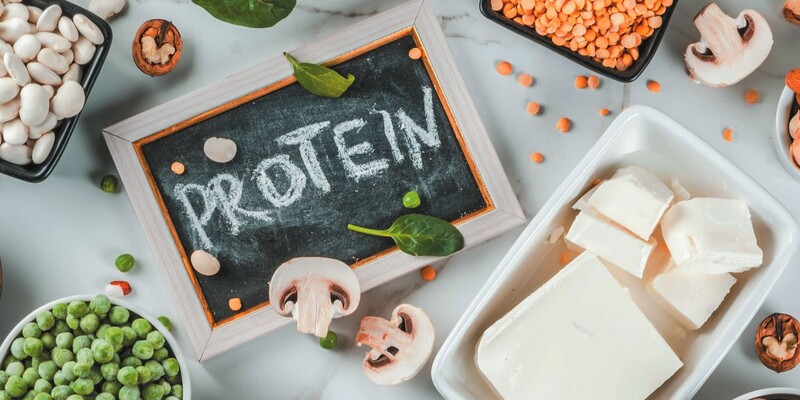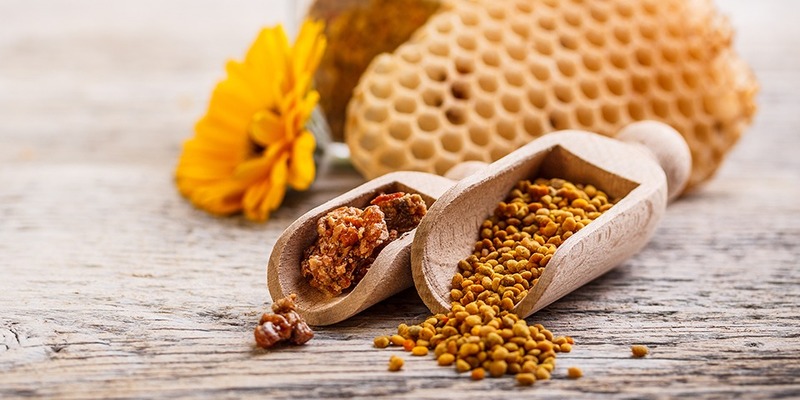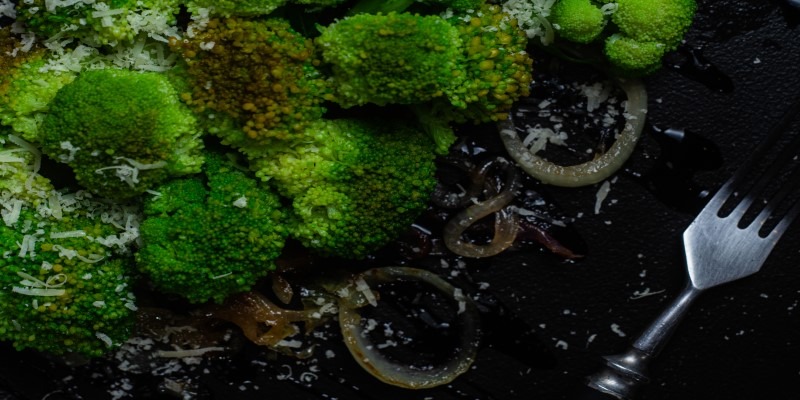In vegetarian and vegan diets, the quest for a well-rounded and flavorful protein intake becomes achievable and enjoyable. Embracing a plant-based lifestyle doesn't mean compromising on essential nutrients; instead, it opens the door to a diverse array of nearly complete protein sources that nourish the body and tantalize the taste buds.
Let's delve into the world of these nearly complete proteins, unlocking the potential for a satisfying and protein-packed vegetarian or vegan experience.
What Are Complementary Proteins?
Complementary proteins are like puzzle pieces – individually incomplete, but when combined, they create a whole and balanced source of essential amino acids. Amino acids are the building blocks of proteins, crucial for various bodily functions. While animal products usually provide complete proteins containing all essential amino acids, vegetarians and vegans can achieve the same by combining different plant-based foods.
The 10 Nearly Complete Protein Sources for Vegetarians and Vegans:
As you have explored the key basics, let’s now take a look at the 10 nearly complete protein sources for vegetarians and vegans.
Quinoa:
Quinoa is a nutritional powerhouse among grains, boasting a unique profile that includes all nine essential amino acids. This makes it a rare complete protein source in the plant-based world. Beyond its protein content, quinoa offers a delightful nutty flavor and a pleasingly chewy texture.
Whether incorporated into vibrant salads or hearty bowls or served as a wholesome side dish, quinoa effortlessly elevates your meals while providing a significant protein boost.
Lentils:
Lentils emerge as a versatile and protein-rich gem in plant-based diets. Their adaptability makes them a staple ingredient, seamlessly fitting into various culinary creations. Packed with protein, lentils become even more powerful when paired with complementary grains like rice.
From traditional lentil soups to hearty stews, lentils contribute to the savory richness of dishes and ensure a well-rounded mix of essential amino acids. Embracing lentils in your daily meals supports your protein needs and adds a comforting and nourishing element to your vegetarian or vegan lifestyle.
Chickpeas:
Chickpeas, or garbanzo beans, extend beyond their famed role in hummus to emerge as a remarkable protein source for plant-based diets. These legumes bring a delightful nuttiness and a satisfying texture to dishes.
Rich in protein, chickpeas shine when combined with whole grains such as bulgur or quinoa, creating a complete amino acid profile. Whether roasted for a crunchy snack, tossed into salads, or blended into creamy hummus, chickpeas offer a delicious and versatile way to meet your protein requirements on a vegetarian or vegan journey.
Nuts and Seeds:
Almonds, chia, and pumpkin seeds are protein-packed additions to your plant-based diet. Beyond their delightful crunch and rich flavors, these nutritional powerhouses are versatile and easy to incorporate into various meals. A handful of almonds is a satisfying snack, while chia seeds can be sprinkled on your morning oatmeal for an added protein boost.
These nuts and seeds also shine when paired with whole grains, creating a complete protein source that supports your dietary needs and enhances the taste and texture of your meals.
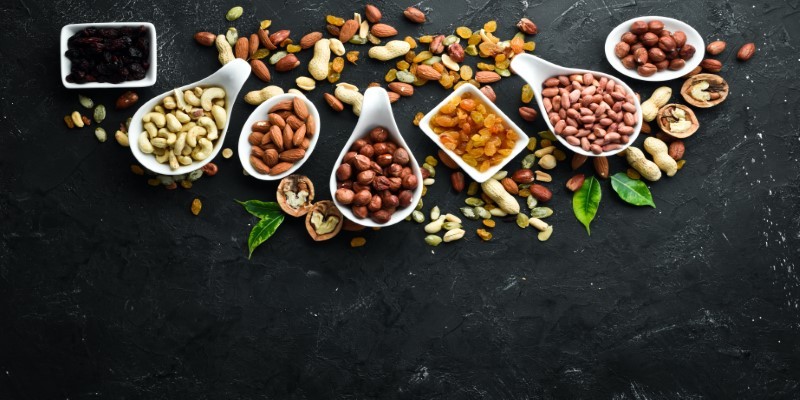
Tofu and Soy Products:
Tofu and other soy-based products emerge as complete protein champions in vegetarian and vegan diets. Tofu, in particular, stands out for its ability to absorb flavors, making it a versatile ingredient in various cuisines.
Embracing soy products adds a valuable protein source to your diet and introduces a wide array of textures and tastes to elevate your plant-based culinary experience.
Broccoli:
Broccoli, often celebrated for its rich array of vitamins and minerals, is a pleasant surprise in the protein department. This cruciferous vegetable not only contributes to a well-balanced diet but also adds a boost of plant-based protein.
Whether lightly steamed to retain its crispness, roasted for a delightful caramelized flavor, or tossed into stir-fries for added crunch, broccoli offers a versatile and nutritious addition to your meals.
Seitan:
Seitan, a protein-packed meat substitute crafted from gluten, opens up possibilities for those seeking plant-based protein alternatives. With its chewy texture and the ability to absorb flavors, seitan becomes a versatile ingredient in various culinary creations. Grill it for a satisfying barbecue alternative, sauté it in savory dishes for a hearty addition, or include it in stews to elevate the protein content of your meals.
Edamame:
Edamame, the vibrant green young soybeans, makes for a delicious snack and serves as an excellent source of complete protein. Boil or steam these little green gems for a convenient addition to salads or stir-fries, or enjoy them as a wholesome and protein-rich snack.
With its mild, slightly sweet taste and satisfying crunch, edamame provides a delightful way to increase your protein intake while adding a burst of nutrition to your plant-based repertoire.
Beans and Rice:
Combining beans and rice forms a classic and accessible complementary protein duo, a staple in diverse cuisines worldwide. This budget-friendly and nutritious combination satisfies your taste buds and provides a diverse range of nutrients along with essential amino acids.
This dynamic duo is a foundation for hearty and wholesome meals, from traditional rice and bean dishes to innovative variations. Embrace the simplicity and nutritional richness of beans and rice, ensuring a well-balanced and protein-packed plate on your vegetarian or vegan journey.
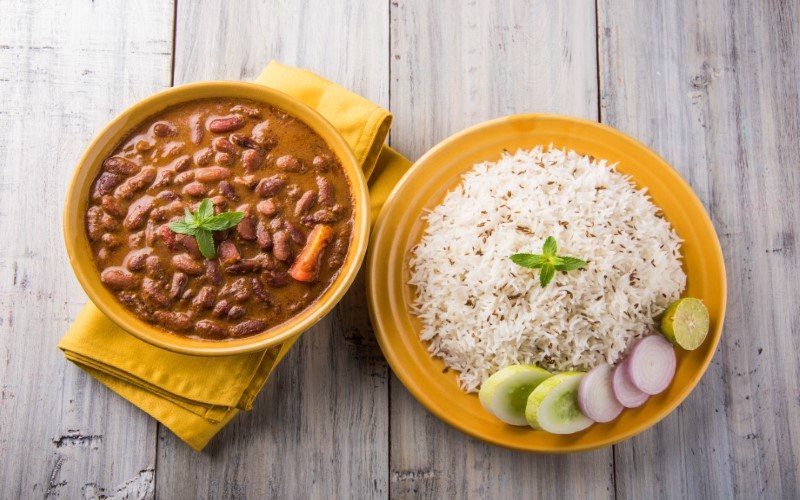
Greek Yogurt (Plant-Based):
Plant-based Greek yogurt, crafted from almond or coconut milk, replicates traditional Greek yogurt's thick and creamy texture without the dairy. Beyond its delightful taste and texture, this dairy-free alternative is a protein powerhouse.
Whether enjoyed on its own, incorporated into parfaits, or used as a base for various plant-based desserts, plant-based Greek yogurt adds a delicious element to your meals and a significant dose of protein to support your dietary needs.
Conclusion
Achieving a well-balanced and protein-rich diet on a vegetarian or vegan journey is not only possible but also enjoyable. Complementary proteins offer a diverse and tasty way to ensure you get all the essential amino acids your body needs.
Experiment with different combinations, try new recipes and embrace the abundance of plant-based protein sources available. With a little creativity in the kitchen, you can nourish your body while following a compassionate and sustainable lifestyle.
